Click on the blue word above and pay attention to 21 Jun ~
Go into everything in economic life
Introduction: In 2016, the number of mainland visitors to Taiwan Province dropped sharply for the first time, which became a turning point of the tourism industry in.
Source: 21st century business herald (jjbd21)
Reporter Amber reports from Shanghai.
Nearly 90% of China’s outbound destinations are located in Asia, and traditionally Northeast Asia, Hong Kong, Macao and Taiwan and Southeast Asia are the main destinations. Since the beginning of this year, South Korea, Taiwan, China, Hong Kong, China and other regions have experienced a decline, and regional structural substitution competition is more obvious.
"Hualien doesn’t have a Luke group now, only individual travelers like you in twos and threes." At the beginning of March, on the Suhua Highway to Hualien, 21st century business herald, Master Chen, a car rental driver, said, "There used to be a lot, but there have been fewer and fewer mainland tourists in the past year."
Compared with the cultural and historical landscapes in Taipei, Taichung and Tainan, Hualien is dominated by natural scenery, and Taroko Pavilion and Qingshui Cliff are the most popular tourist attractions in eastern Taiwan Province.
Taiwan Province is one of the first developed and matured regions among mainland outbound destinations. Since Taiwan Province opened up mainland tourists to visit Taiwan in 2008, mainland tourists have flooded into Taiwan Province, and the number of visitors to Taiwan has increased year by year, with an annual growth rate of 30% to 40%. By 2015, it reached 4.184 million, accounting for 40% of the total number of inbound tourists in Taiwan in 2015, making it the most important tourist source of Taiwan Province.
(Click on the picture to view a larger image)
Taiwan Province’s tourism foreign exchange income in 2015 was NT$ 458.9 billion. If only 40% of the total income is calculated roughly, mainland tourists contributed about NT$ 183.5 billion.
However, in 2016, the number of mainland visitors to Taiwan Province dropped sharply for the first time, which became a turning point of the tourism industry in Taiwan. According to the data of "Taiwan Tourism Bureau", from January to December 2016, the total number of visitors to Taiwan was 10.6903 million, an increase of 2.40% compared with the same period in 2015; Among them, the mainland went to Taiwan for 3,511,700 person-times, a year-on-year decrease of 16.07%; In contrast, Japan’s 1,895,700 passengers (up 16.50%), South Korea’s 884,400 passengers (up 34.25%) and Malaysia’s 474,400 passengers (up 9.95%) all increased.
This trend continued at the beginning of 2017. In January, among the major tourist markets in Taiwan, there were 110,000 visitors from South Korea, up 30.87%, and 250,000 visitors from the mainland, down 30.22%.
This data is also intuitively reflected in the actual situation. "Before, there were mainland tourists on the beach, and now all the people who come to buy scallion cakes are Koreans." An uncle who sells bomb scallion cakes in Qixingtan, Hualien all the year round told the 21st century business herald reporter that "the sales of scallion cakes have dropped a lot."
In addition to the decrease in the number of people, another trend of traveling to Taiwan is the decrease in group tourists and the increase in the number of free travellers. Even in Taipei, Taichung, Tainan, Kaohsiung and Kenting, where there are many mainland tourists, "there are fewer and fewer mainland group visitors in recent years, and more people come to play by themselves." Master Cheng, who provides car rental services for free travellers in Kenting, told reporters, "There used to be more free travellers, but now there are tourists of all ages."
"Small Fresh" Tourism Economy Downward
It is not new that outbound travel has become a travel choice for more and more Chinese. According to the data released by the National Tourism Administration’s "2017 National Tourism Work Conference", the total tourism revenue in 2016 is expected to reach 4.69 trillion yuan, a year-on-year increase of 13.6%, and the comprehensive contribution of tourism to the national economy will reach 11%.
Among them, the number of inbound tourists was 138 million, a year-on-year increase of 3.8%; The number of outbound tourists reached 122 million, a year-on-year increase of 4.3%; The total number of inbound and outbound tourists exceeded the 250 million mark for the first time. The trade surplus of tourism services was $10.2 billion, an increase of 11.5% over the previous year. Ranked, China continues to maintain the world’s largest source country for outbound tourism and the fourth largest host country for inbound tourism.
As the first outbound destination market developed together with Japan, South Korea, Hong Kong, Macao and Southeast Asia, Taiwan Province has strong language and cultural advantages, and Taiwan Province’s unique culture such as "Little Fresh" and "Little Lucky" has attracted a large number of tourists. Under the release of the bonus of Chinese people’s consumption upgrade, it has become one of the earliest areas to benefit, and it also depends greatly on the changes in the number of people entering the country, with obvious fluctuations.
"Because mainland tourists have a lot of feelings and longings for Taiwan Province, the tourism industry in Taiwan Province has grown rapidly in the past few years, and the reception capacity and accommodation supply of scenic spots have been greatly improved." Wei Changren, the founder of PowerNet, said in an interview with 21st century business herald, "The sudden drop in the number of people has led to an oversupply of resources. For later investors, the cost may not even be recovered, which has a great impact on the whole industry."
In 2016, when the number of mainland tourists visiting Taiwan decreased greatly, and it was difficult for tourists from other regions to fill the vacancy, Taiwan Province’s tourism industry inevitably tended to decline.
Zhang Qi, vice president of poor travel network, said in an interview with 21st century business herald, "According to the data of poor travel monitoring, 7-10 days’ round-the-island or semi-round-the-island play is the mainstream play, accounting for more than 50%. The play time in Taipei on popular routes is reduced compared with the previous two years. Tourists began to look for and experience deep tours. In addition to the routine inquiry line and the procedures for entering Taiwan, the most questions and concerns are security and policy issues. "
Regarding the reasons for the sharp drop in mainland tourists, Zhang Qi believes that in addition to the impact of exchange rate fluctuations and various emergencies in 2016, the outbound travel market as a whole declined, and the growth rate was not as good as that in 2015.
"Taiwan Province also needs to further improve and improve its tourism safety." A Taiwan Province tourism practitioner told the 21st century business herald reporter, "When there are a large number of mainland tourists, some people may only think about making more money, but they don’t pay attention to the experience of tourists and don’t reflect on their own service problems."
In addition to the reasons of Taiwan Province market itself, "there are more and more destinations that can be selected and hot spots for mainland outbound. Among the long-distance destinations, in addition to the traditional North America and Europe, the rise of emerging destinations such as Africa, South America and Australia and New Zealand has also reduced the choice of Taiwan Province tours, and tourists are alternative. " Yang Yanfeng, an associate researcher at china tourism academy, told the 21st century business herald reporter, "But Taiwan Province Tour has its own unique charm. The situation of short-term decline may have a long-term return in the future."
Yang Yanfeng believes that compared with Hong Kong and Macao, Taiwan Province has no language barriers; Second, the price is relatively cheap, the cultural background and shopping environment are relatively good, and it is a long-term high-quality tourist destination.
Taiwan Province, on the other hand, focuses on adopting a diversified approach to hedge these influences. Develop diversified markets, adopt strategies such as focusing on Japan and South Korea, deepening Europe and America, advancing southward, and defending the mainland, deepen Taiwan’s tourism brand image, create a friendly reception environment, and attract theme tourists such as MICE and cruise ships by simplifying visas to Taiwan, promoting featured products, and innovating diversified marketing, so as to guide the industrial transformation: adjust the industrial structure and guide the transformation of Luke Group receptionists, so as to enhance the ability to receive emerging markets. Excellent service quality, guiding product branding and e-commerce; Guide the award; Strengthen personnel training, strengthen foreign language (Korean, Thai, Vietnamese, Indonesian) training for tour guides, etc.
Cycle change of outbound travel market
"China’s outbound destination pattern is relatively clear, with nearly 90% of the market distributed in Asia. Traditionally, it is dominated by Northeast Asia, Hong Kong, Macao and Taiwan and Southeast Asia. " Yang Yanfeng believes that since the beginning of this year, South Korea, Taiwan, China and Hong Kong, China have been significantly affected, and there has been a decline. "The regional structural substitution competition is more obvious. With the relaxation of visa restrictions in Japan, the Japanese market will gradually catch on. There is a certain substitution and alternation between them. "
On the whole, before the number of tourists declined last year, like Japan and South Korea, Taiwan Province was one of the most popular destinations for outbound travel in previous years. In particular, Japan has surpassed Southeast Asia represented by Thailand to become the hottest destination for Chinese people to travel. Due to the price advantage, shopping tours account for a high proportion in the Japanese and Korean markets, and sightseeing tours are mainly urban tours. Southeast Asia has a unique environmental advantage, with leisure and vacation as its main tourism purpose.
"However, during the trip to Japan, some tourists who can’t be ignored are shopping. The exchange rate changes in 2016 directly affected the willingness of these people to travel, and the growth rate slowed down significantly." Zhang Qi believes that Japan will continue to maintain the number one position in 2017, but considering that the exchange rate of RMB against Japanese yen may maintain the status quo, "the growth rate of tourists to Japan will remain at a low level. At the same time, there is also good news. Japan seems to realize the great energy that China tourists have brought to the Japanese economy. Recently, it relaxed its visa policy to China and further developed the China market. "
Each of these traditional outbound travel markets has its own characteristics, which has become its first basic advantage in accumulating tourists.
"So there will be different emphases in the development of tourism products. For example, Taiwan Province pays more attention to exploring local experience products, and accommodation is more focused on characteristic homestays, which can give you a deeper understanding of local culture. " Zhang Qi said, "Japan and South Korea tour pays more attention to providing hotels with convenient transportation and shopping, and at the same time providing diversified transportation products for users to choose from. Southeast Asia should give full play to its environmental advantages, and hotels with excellent coastal and environmental services are the primary considerations for our selection. "
Because of the different characteristics of these regions, the tourism market is affected by different factors.
Yang Yanfeng believes that in the Northeast Asian market, South Korea turned to Japan; The decline in Hong Kong and Taiwan is beneficial to domestic tourism and Zhuhai-Macao linkage; Southeast Asia has been sought after by Chinese people all the year round, while the Philippines, Myanmar, Thailand and other places have benefited from the "One Belt, One Road" initiative. "Especially in Thailand, free travel has grown very fast, and it is one of the countries that have benefited the most in the process of structural changes and adjustments in the region."
"But the commercial development in Southeast Asia is mature, which means that the market tends to be saturated and the growth rate slows down. Judging from the poor travel data, tourists have a tendency to shift to East Asia and the United States in the past two years. " Zhang qi added.
With the upgrading of tourism consumption, Chinese people spend more and more on outbound travel.
According to the "2016 China Outbound Tourists Big Data" jointly released by Ctrip and china tourism academy, in 2016, the number of outbound tourists in China reached 122 million, and the tourism expenditure was as high as 109.8 billion US dollars (about 760 billion yuan), with a per capita expenditure of 900 US dollars. The number of outbound tourists only accounts for 3% of the total number of tourists, but the consumption of outbound tourists accounts for 16% of the national tourism expenditure.
According to the report, Chinese mainland tourists tend to choose more convenient, safer, more stable, more warm and friendly destinations with better natural and living environment. The purpose of leaving the country has also shifted from sightseeing to enjoying overseas high-quality living environment and services, including climate, air, prices and housing prices, commodities, medical care and education.
According to Ctrip’s outbound travel order data, the top ten destinations for China tourists spending the most in 2016 are: Thailand, Japan, South Korea, the United States, Maldives, Indonesia, Singapore, Australia, Italy and Malaysia; The top ten cities in total tourist spending are Seoul, Bangkok, Tokyo, Osaka, Singapore, Chiang Mai, London, Moscow, new york, Rome and Sydney.
The top ten tourist routes with the highest per capita expenses are Argentina, Chile, Madagascar, Ethiopia, French Polynesia, Tahiti, Mexico, Brazil, Kenya and Reunion (French). Take the South American route as an example. Last year, the per capita consumption exceeded 50,000 yuan, and the number of tourists increased by 200%.
Obviously, China’s outbound tourists are no longer limited to short-distance destination choices.
New opportunities for outbound travel
In 2012, the average annual disposable income of households in China exceeded $10,000, and the upgrading of consumption pattern is considered as one of the new driving forces for economic growth.
According to the data of the report "Consumption Upgrade, Who Is the Winner" released by Nomura Securities, from 2005 to 2012, the number of households with disposable income exceeding 10,000 dollars in China increased from 20 million to 243 million, accounting for 4% to 53%. The accumulation of family wealth has brought about a rapid increase in disposable expenses.
Compared with the past, which was mainly used for the purchase of physical products, consumers’ budgets are gradually tilting towards services. The strong growth of outbound travel in 2014, 2015 and the first half of 2016 is far higher than the retail growth quota, which can be said to be a strong evidence.
The outbound travel forecast given in the above Nomura Securities report: China’s outbound travel will continue to grow by 8% every year from 2016 to 2020; In 2017, we are optimistic about the markets of Asia, Japan, Hong Kong and Macao.
In addition to the macro market rise, for consumers, the substantial increase in the gold content of China passports in 2016 is also one of the factors promoting travel. As of January, 2017, the destination of outbound tourism has expanded to 151 countries and regions, and 61 countries and regions with China ordinary passports can be conditionally exempted from visas or landing visa can visit. Following the United States, Canada, Singapore, South Korea, Japan and Israel, Australia officially joined the "ten-year visa" team to China.
According to previous experience, preferential visa policies can easily make some destinations become dark horses for outbound travel.
According to the above Ctrip report, the top ten popular destinations with the fastest growth in tourist volume in 2016 are: Vietnam, Philippines, India, United Arab Emirates, Sri Lanka, Japan, Singapore, Thailand, Britain and Canada. Thanks to the more favorable visa policy for China tourists, the highest growth rate of tourists is over 100%.
With the increasing convenience of outbound travel, free travel has become the choice of more and more people, which has also become the development direction of traditional and emerging tourism enterprises.
"The typical characteristics of individual travel, niche and consumption upgrading are obvious in outbound travel, and free travel is a very important trend." Yang Yanfeng believes that compared with group tours and low-priced tours in Southeast Asia in the 1990s, high-end tours and experience tours are gradually developing. "Countries that travel short distances may become a’ back garden-style’ tourism concept, such as Southeast Asia, which is related to the start of rectifying zero tour fees and attracting high-end and free travellers."
"The general trend of free travel abroad is less in Japan, South Korea, Thailand, North America, Australia and Europe, and the flow of people in the surrounding areas is greater." An Jing, CEO of Ctrip’s overseas car, said in an interview with 21st century business herald: "Overseas markets follow the flow of people, and the return on investment in developing their own markets is very low. The general considerations are the GDP and per capita income of the destination market. Look at the changes in the flow of people from the capacity of airlines to increase or decrease the amount of ground response teams."
The poor travel network, which started with UGC (user-generated content) content, also gradually extended its business line to offline to cope with the trend of free travel. In August 2015, Q-Home, the first overseas offline tourism community for poor travel, was established in Chiang Mai, and opened in Kyoto in August 2016. "In 2011, we judged that self-help outbound travel was an irreversible trend, although 80% of Chinese’s outbound travel was with the group." Cai Jinghui, president and co-founder of Poor Travel Network, said, "The information value of self-help travel process is huge. If this trend is established, the consumer needs and services of travelers are very diverse and personalized."
According to the Survey Report on Tourists’ Willingness in China in 2017 released by Ctrip, traveling has become the first choice for consumption, and 98% of the respondents have the willingness to travel this year. 73% of the respondents will spend more than 10,000 yuan per capita on tourism this year, and 10% of the respondents will spend more than 50,000 yuan. 58.6% of travelers want to travel by free travel.
The destinations with the highest willingness to travel are Japan, Thailand, the United States, Australia, Taiwan, China, Singapore, New Zealand, Britain and France. Among them, the interest in outbound long-distance travel has increased significantly, Oceania has become a new favorite, and interest in Europe has also increased significantly.
(Editor: Zhang Weixian, if you have any suggestions, please contact: zhangwx@21jingji.com)
21 jun
What principles will you choose your destination based on? Leave a message to talk about your travel experience!
recommend
read
The reporter made an unannounced visit to the online recruitment scam: "novel typist" and "online shop brush list" are mostly pits!
Sniper the sky-high "school district room"! Beijing offers a killer weapon: compulsory education promotes multi-school scribing
Editor Li Yutong of this issue







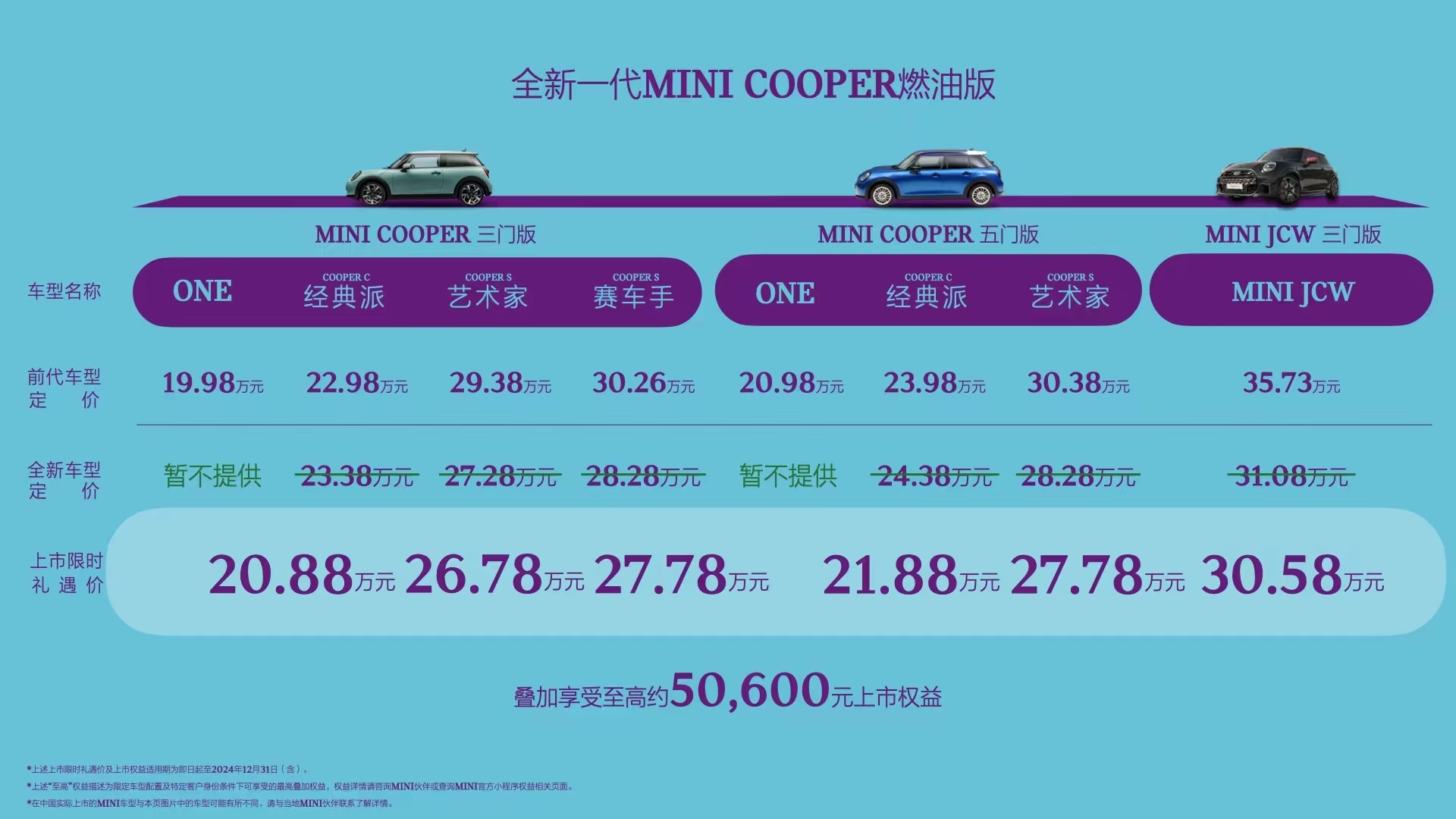










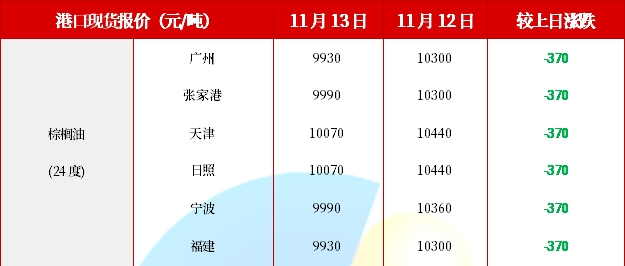
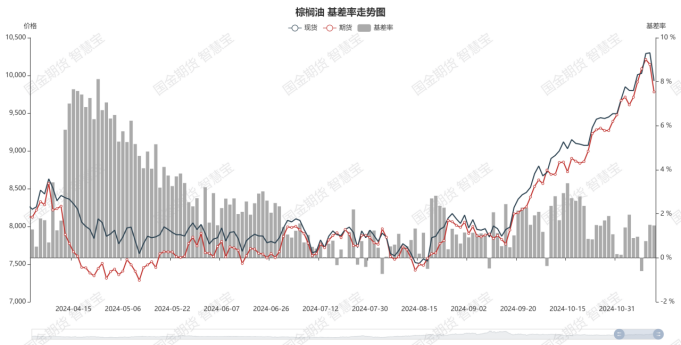
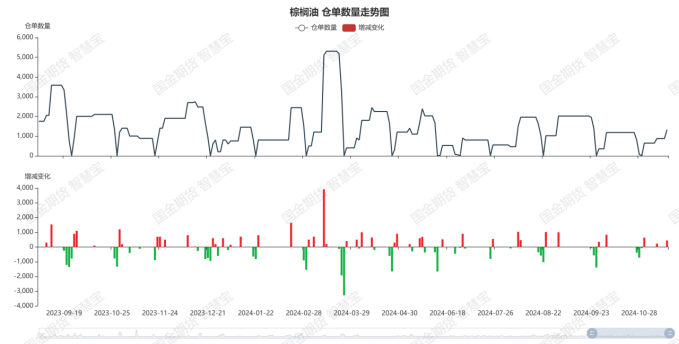


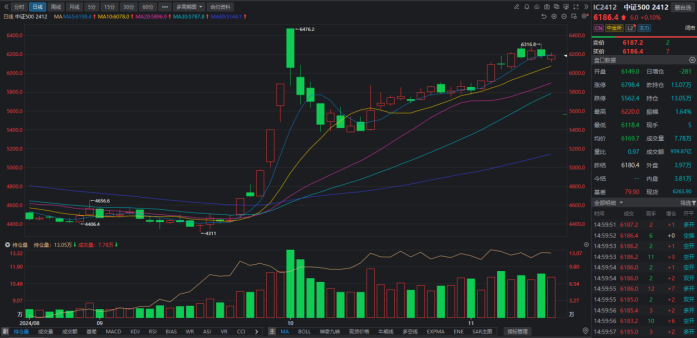
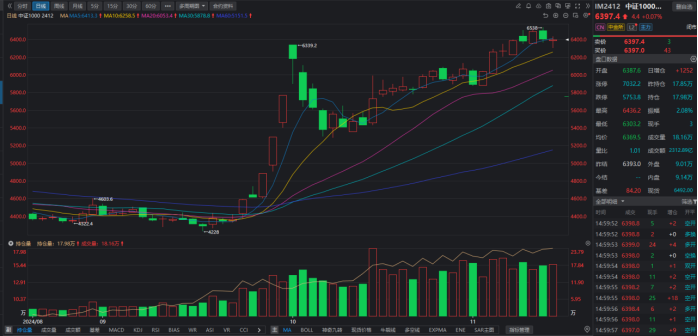
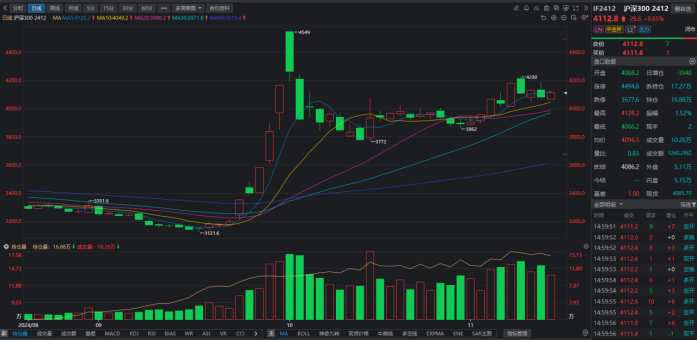
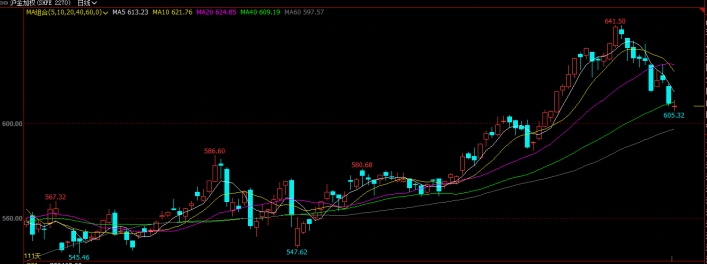



 1
1













